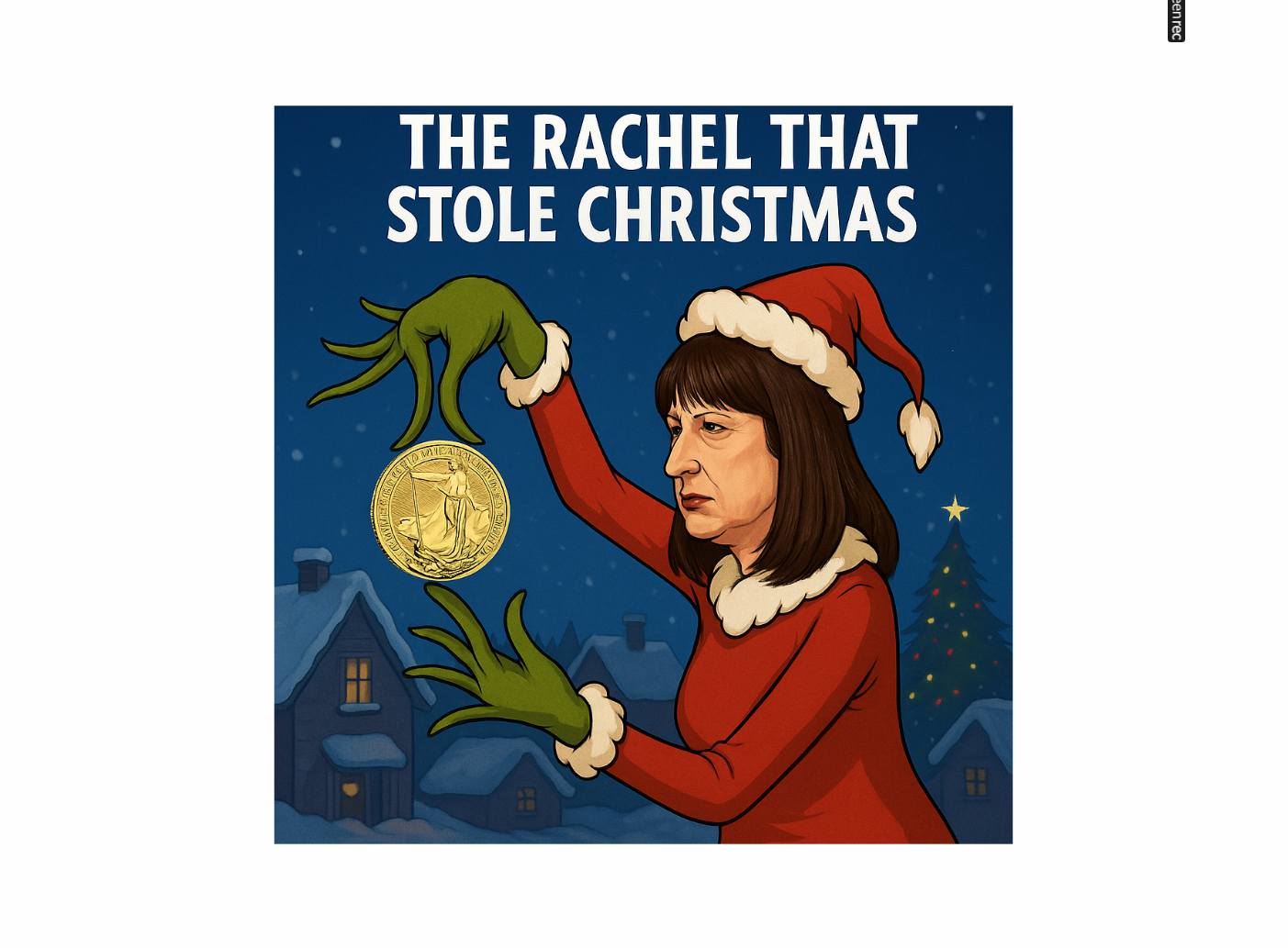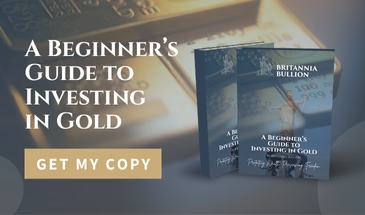
The Rachel That Stole Christmas
This year, the story doesn’t begin in a toy workshop in the North Pole.
It begins in Whitehall, under fluorescent lights, where spreadsheets replaced sleigh bells and national cheer was audited into extinction.
While families hung their stockings and tried to remember what Christmas once felt like, Rachel Reeves stepped forward with her festive budget: a thin-rib boned box containing higher taxes, frozen allowances, and the faint echo of promises made by people who already knew they could not keep them.

No snow globe sparkle.
No warm Dickensian hearth.
Just the quiet, clinical sound of purchasing power draining from every home in Britain.
The Setup: A Nation Already Running on Fumes
The UK entered winter already exhausted.
-
Food prices still choking household budgets
-
Energy bills lurking like wolves outside the door
-
Wage growth swallowed alive by “sticky” inflation
-
Mortgages resetting like deadly alarm clocks
People weren’t hoping for luxury.
They were hoping to just get through.
So when Reeves rose to speak, the country didn’t hold its breath out of excitement.
It held it out of dread.
The Budget: Christmas, Re-Priced
The headlines were wrapped in cheerful language like “responsibility,” “repair,” and “stability.”
But underneath?
-
Higher taxes hidden in frozen thresholds
-
Council tax creeping upward like damp through old plaster
-
Corporate pressures passed straight into consumer prices
-
Pensions and savings quietly devalued through real-term erosion
The gift nobody wanted:
We will all pay more, to get less, for longer.
This was not a season of giving.
It was a season of taking.
The Emotional Fallout: Christmas, Dimmed
The UK didn’t explode in outrage.
There was no mass protest.
No roaring street movement.
Just a tired, heavy silence.
A kind of national shrug.
Because after years of shocks, restrictions, and crises, the country has learned something bleak:
People don’t riot when everything gets worse by 2% at a time.
They just quietly lose the life they once thought they were building.
This is how you steal Christmas.
Not all at once.
But gradually.
By making everything a little bit harder, a little bit smaller, a little bit colder.
The Economic Bottom Line
The real cost isn’t in the new tax brackets.
It’s in confidence.
When people lose faith that things will improve, they stop spending, stop investing, stop planning, and ultimately stop envisioning a future at all.
And when a nation stops imagining futures, it doesn’t recover.
It shrinks.
But There Was One Thing That Did Not Shrink
In the middle of this grey winter, one price chart refused to obey the mood.

Gold.
While wages fell, gold rose.
While the pound weakened, gold strengthened.
While trust in institutions thinned, trust in something older, harder, elemental- solidified.
Not because gold is magic.
But because gold does not promise.
Gold simply is.
It does not depend on:
-
Governments
-
Currency regimes
-
Bond markets
-
Central bank narratives
-
Public confidence
Gold is outside the system, which is precisely why it matters when the system feels like it’s closing in.
The Christmas Miracle
Not joy.
Not abundance.
Not glitter-covered redemption.
But something quieter, more valuable:
The ability to protect what you have.
In a winter where everything feels like it’s slipping,
some people are choosing to anchor themselves in something that cannot be diluted, printed, frozen, or taxed away by stealth.
Call it prudence.
Call it defiance.
Call it survival instinct.
But to many this year, gold is becoming the Christmas gift they give to themselves.
Because if Rachel has taken the carols, the warmth, the certainty, then at least you can hold on to value.
Real value.
Weighty, cold, reassuring in the palm of your hand.


